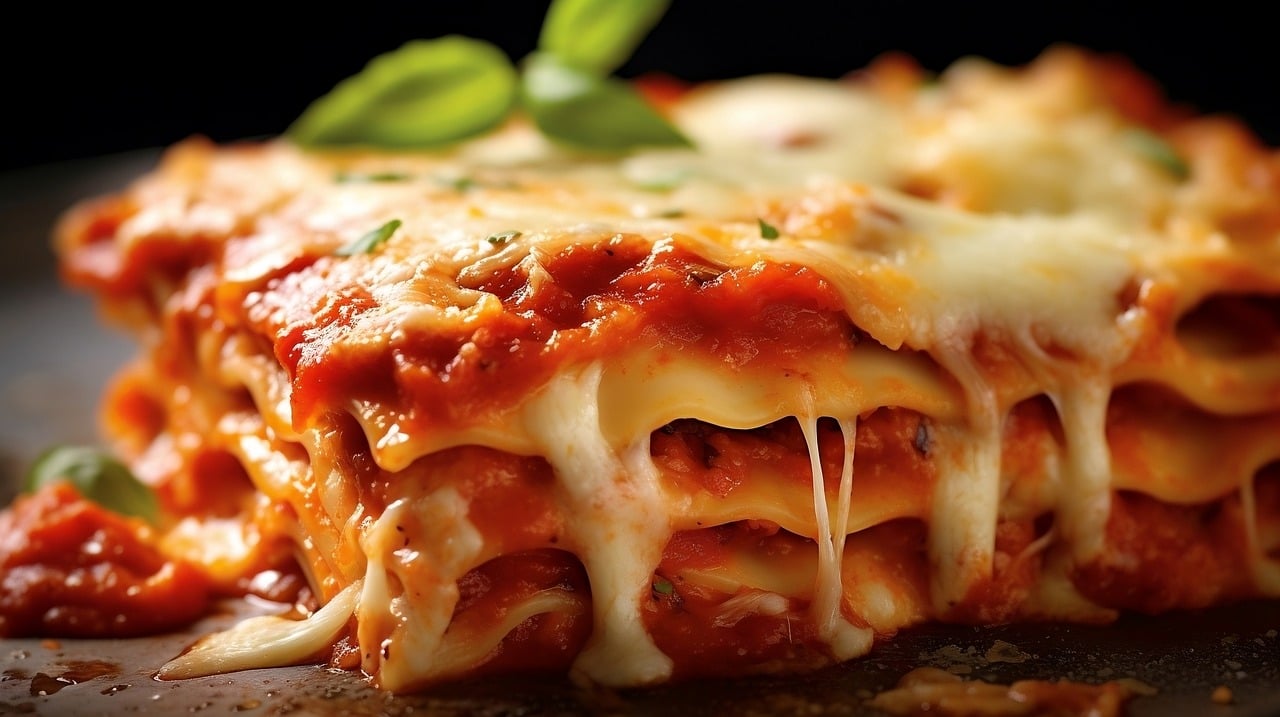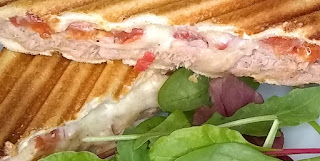Easy Cooking : ISSUE # 1
Learning The Basics
Welcome to your first issue of Easy Cooking. In each issue I will endeavour to provide you with great information, tips and advice that will help you learn how to cook scrumptious meals that you, your friends and family will love to eat. In this first issue we are going to go over a few basics that every cook should know, so that you can get cooking.
When it comes to cooking, it is important to keep in mind that everyone started somewhere. In fact, I don't know of a single person who was born with a wooden spoon in their hand, ready to cook. When it comes to cooking delicious meals that you will be proud to share, there is a lot to learn and there is always room for improvement.
Not only do you need to begin with the basics when it comes to cooking, you will need to be prepared to begin again when learning to cook new cuisine such as Italian, Chinese or Indian food.
This means that at any given time in your learning cycle there will be someone somewhere that is better or worse at cooking than you. Take heart from this because even the best chefs have bad days when it comes to cooking.
There are many people who cook for different reasons. Some cook in order to eat and survive while others cook because they actually enjoy the process of cooking. Some cook during times of emotional upheaval and others cook out of sheer boredom. Whatever your reason for cooking or learning to cook you should always begin with the basics.
The first thing that you need to learn is what the different terminology you will find in recipes actually means. There are many new and sometimes foreign sounding terms that you will find in common recipes. These terms can mean the difference in recipe success or failure. You should be able to find a good section in any inclusive cookbook that explains the different definitions for unfamiliar terminology. If you aren't absolutely certain what is meant by "folding in the eggs" it is in your best interests to look it up.
Another great bit of advice when it comes to cooking basics is to try simpler recipes for a while and then expand your horizons to the more complex recipes that abound. Most recipes will have a little note about their degree of difficulty and you can read through the recipe to see whether or not it is something you are interested in preparing or confident that you can prepare. Remember Rome wasn't built in a day and it will take quite some time to build a reliable 'repertoire' of recipes to work into your meal planning rotation.
The good news is that once you've learned the basics of cooking it is unlikely that you will ever need to relearn them. This means that you can constantly build up and expand your cooking skills. As you learn new recipes and improve your culinary skills and talents you will discover that preparing your own meals from scratch is much more rewarding than preparing prepackaged meals that are purchased from the shelves of your local supermarkets.
You will also discover as your experience and confidence grows that you will find yourself more and more often improvising as you go and adjusting recipes to meet your personal preferences. If you prefer more or less of ingredients or want to make a recipe a little more or less spicy in flavour you can make simple adjustments along the way in order to achieve this goal. In other words you will begin in time to create recipes of your very own. And that is something you won't necessarily learn when it comes to basic cooking skills for beginners but you would never learn if you didn't master those basic cooking skills first.
In the next issue I will be talking about cooking tools and how they impact the way you cook.
The Unready Cook







Comments
Post a Comment